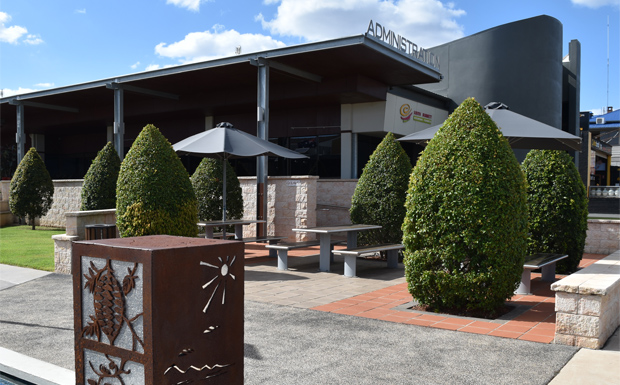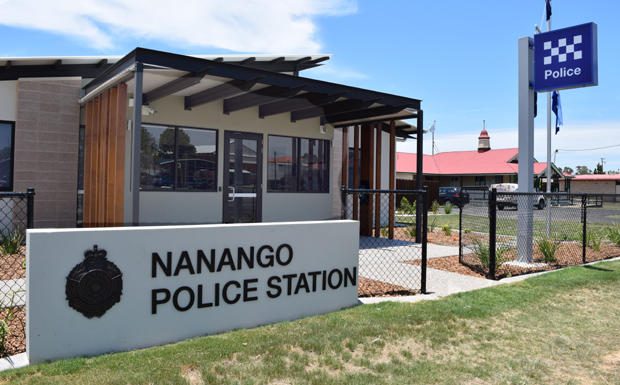November 28, 2014
Federal Government funding cuts of $13.41 million to the Aboriginal and Torres Strait Islander legal sector will have a potentially devastating impact on the delivery of frontline legal services, the sector’s peak body warned today.
The Executive Officer of the National Aboriginal and Torres Strait Islander Legal Services (NATSILS) Mr Eddie Cubillo raised concerns as to how Aboriginal and Torres Strait Islander Legal Services will survive such a significant funding cut.
Writing in the latest Indigenous Law Bulletin, Mr Cubillo said the over-representation of Aboriginal and Torres Strait Islander people in all markers of socio-economic disadvantage, and in all stages of the criminal justice system, was one of Australia’s most significant issues.
“This level of disadvantage, combined with an inevitable reduction in services due to cuts to our national budget, will place critical pressures on the Aboriginal and Torres Strait Islander Legal Services’ ability to deliver services to their clients,” he said.
Mr Cubillo’s concerns also follow the release of statistics on imprisonment and juvenile detention rates by the Productivity Commission.
The latest “Overcoming Indigenous Disadvantage” report, released last week, showed rates of Aboriginal and Torres Strait Islander imprisonment have increased by 57 per cent between 2000 and 2013.
“It is scandalous that while Aboriginal and Torres Strait Islander peoples comprise less than 3 per cent of the Australian population, we now account for almost 30 per cent of the prison population,” Mr Cubillo said.
“We can clearly see it in the statistics, but it is also seen through the tragic individual stories of Aboriginal and Torres Strait Islander people who have suffered from being caught in the system.”
“Rather than accept the simplistic claim that more Aboriginal and Torres Strait Islander peoples are in the criminal justice system because more of us commit crimes, there needs to be recognition that crime is often the consequence of past and present policies and levels of socio-economic disadvantage, and that we are not inherently more criminal.”
Mr Cubillo also said governments did not fully appreciate the benefits of the integrated model that Aboriginal and Torres Strait Islander Legal Services use.
“I haven’t seen any evidence that decision-makers understand the actual impact that a funding cut of this size will have to services on the ground,” he said.
“Rather than allocating full-time staff to focus solely on law reform and advocacy, these activities are undertaken within Aboriginal and Torres Strait Islander Legal Services by a range of staff in addition to their main roles. For this reason, implementing the announced funding cuts cannot simply be done by removing dedicated law reform and advocacy positions.”
Mr Cubillo has called on the Federal Attorney-General’s Department to provide information on how the planned funding cuts will be applied across legal services.
“Without this information we are unable to appropriately plan ahead and provide staff with direction and certainty,” he said.
“Aboriginal and Torres Strait Islander Legal Services around the country are already losing staff as a result of the uncertainty in employment created by the announced cuts.”
The peak body, NATSILS, has itself been defunded by the Federal Attorney-General as part of the cuts.























